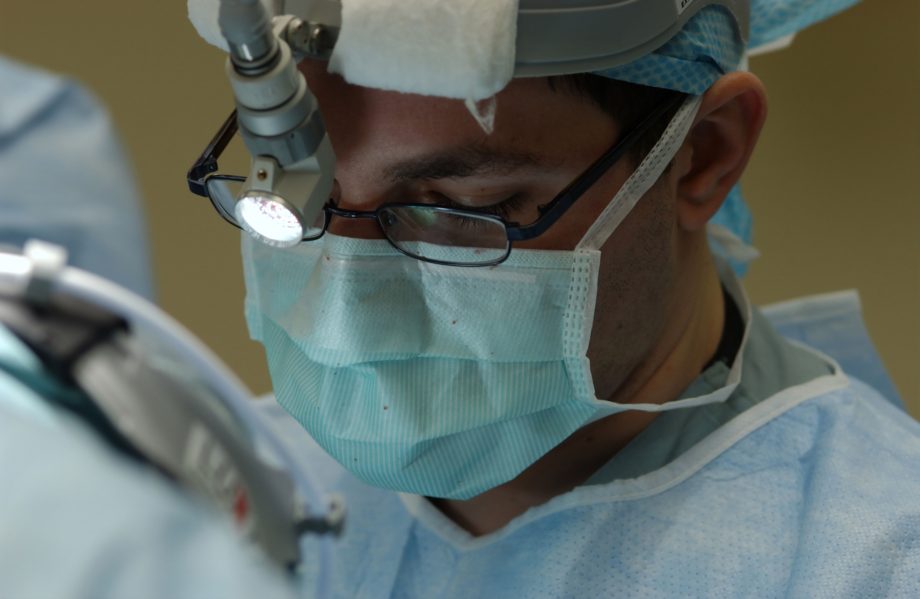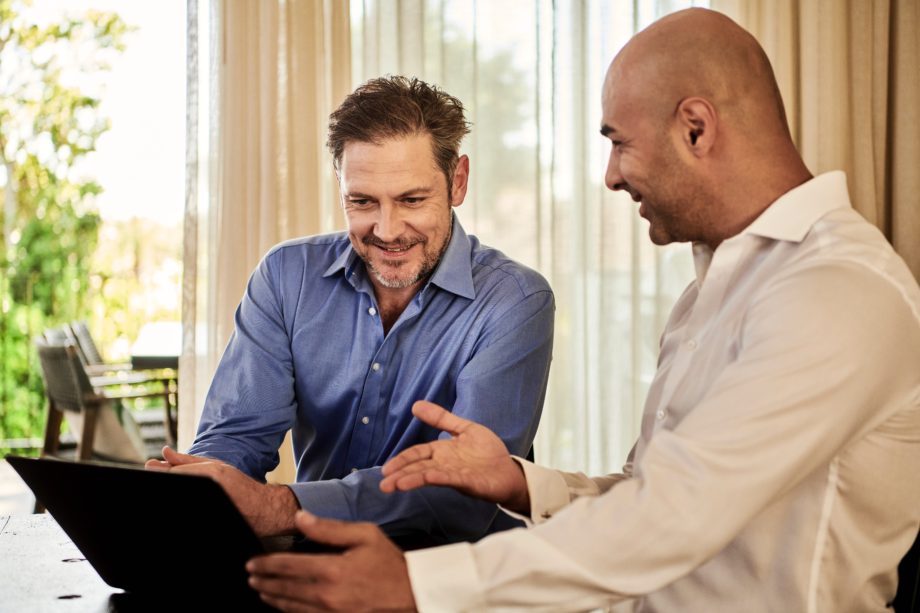
How To Answer The Question: Tell Me About A Time You . . .
One question that residency candidates – even applicants for fellowship positions – can get is the “Tell me about a time you . . ..” It can be challenging to answer because you might not be sure what to say and/or how to say it. However, if you are international medical graduate (IMG) already, you probably have some experience already, so it is just a matter of structuring your answer.
There may be several question types related to this, asking you to give different information.
Let’s take a look at this question in detail.
Why This Question Is Asked
In interviewing, there are several types of questions. One type that is commonly used is behavioral/behavior-based questions.
In asking a behavior question, the interviewer can accomplish several things. He or she can find out how you acted during a particular moment. He or she can share stories with you. The interviewer can also get an idea of your professional experience. You can also provide information that highlights your problem solving skills and handling situations.

How you acted
It is important for the interviewer to see how you acted in a particular situation or a particular moment. The situation presented will most likely be someone that comes up as part of the work experience. In medicine, the interviewers are typically looking for how you acted in a hospital-based and patient-focused situation.
Share stories
Some interviewers can be engaging with applicants. They like to talk and share stories. It is an exchange of ideas and experiences. It can be a learning experience in the interview itself. However, remember to make sure you are clear about your experiences when you share.
Provide professional experience
As stated above, the questions asked will be experience based. The interviewer is assuming that you have encountered one of the experiences asked, and should be able to provide a clear example of it. Here you are showing your professionalism as a doctor. Anything questionable will be red flags for any interviewer, so it is important to choose a relevant story.
Show how you handle problem solving and difficult situations
Many times the question will focus on the difficult experiences in medicine: misdiagnosis, death of a patient, disagreement with fellow doctors, patient refusal to get medication. The main point here is for the interviewer to know your thought process, how you take action and what did or did not work in that situation.

How To Answer It
The best way to answer this question is with a technique known as STAR.
Situation Task Action Result
This structure is simple to use and it has all the elements of a good answer. All you need to do is to fit your experience, your story, into the frame work. Of course it needs to address the question as well.
Situation
You introduce the situation by giving the setting. This is the place, location, of the event or experience. Where it was is important. For you as a doctor, you need to be specific about what year you were in. Was it still in medical school? Was it in residency? If so, first year or last year? These things are important to set the context.
Task
Now you can mention what the task was. The task in this case can be what you had to do. Was it to counsel a patient? Was it to counsel a family member? Was the patient not responding to treatment, and you could not figure it out? Here you explain in detail what the exact problem was.
Action
By action, you explain what you did to resolve the situation. If there was a problem, what did you do to fix it? This is what the interviewers are looking for. What action did you take? Who did you talk to? What resources did you have? What resources did you not have? How long did it take? Was it easy? All the action – all the steps you took to make the situation better.
Result
The result is what happened. After all your effort – tasks, tests, conversations, examinations -, what was the outcome? How did it change? Did it change? Did the patient agree to treatment? Were you able to come up with the correct diagnosis?
Here, you want to show that you learned something.
It could be learning how to ask the right questions. It might be learning how to be patient with an angry or uncooperative patient. It also may be searching for the right methods available to you.
Another overall purpose of this question is to see what you learned from the experience in question.
Closing Style
An important point to remember is to connect your answer to the position you are applying for. This means that you can highlight how the whole process has helped you as a doctor. You can mention the things that you learned, and that you can bring this experience and what you have learned to the residency position or the fellowship position. You can also share the knowledge you learned with others.
It is a great way to combine your desire to work at the hospital with your past experience.
It is also a great way to finish your answer and leave a good impression.
Common Questions Related To Medicine
Tell me about a time you made a mistake when treating a patient.
Tell me about a time you experienced conflict with a colleague.
Tell me about a time you took a leadership role.
Tell me about a time when your patient did not want the treatment you thought was best.
Tell me about a time you struggled to diagnose a patient.
Sample Response
Here is a sample response to the question:
Tell me about a time you struggled to diagnose a patient.
Situation
When I was in my 2nd year of residency, I came into the hospital in the morning to do early rounds. The nurse in charge said a 63 year-old patient was experiencing . . ., but that there were no other symptoms.
I started my rounds, and when I came to the patient in question’s room, I noticed . . .
His . . . had . . . , and he had started to . . .
Task
I was not sure what was going on. Up until that point, I had never seen this type of reaction before. The patient had no known history of . . ., so I was not sure what to do.
I immediately . . . However, after about several hours, there was no change to the patient’s condition. I was not sure about what to do . . .
Action
I consulted with the attending on duty, who was also surprised at the patient’s change. As there was no known history, we decided to ask the family about the patient’s habits. I called the family to ask if the patient had . . . To my surprise, the son had said . . .
I relayed this to the attending, and we quickly consulted a . . .
Result
We were able to start the patient on . . . Within several hours, the patient had stabilized and . . .
What I learned from this was the importance to ask questions about habits. I had not thought to ask about them, because I based my initial diagnosis on the past medical history and the symptoms. By asking the patient’s family, I could find out information that was missing. I know that I will not always have the chance to ask a family member some questions, so for me it was a big learning point for me. It is better to ask questions – even if I think they are not necessary – to get as much information I can.








